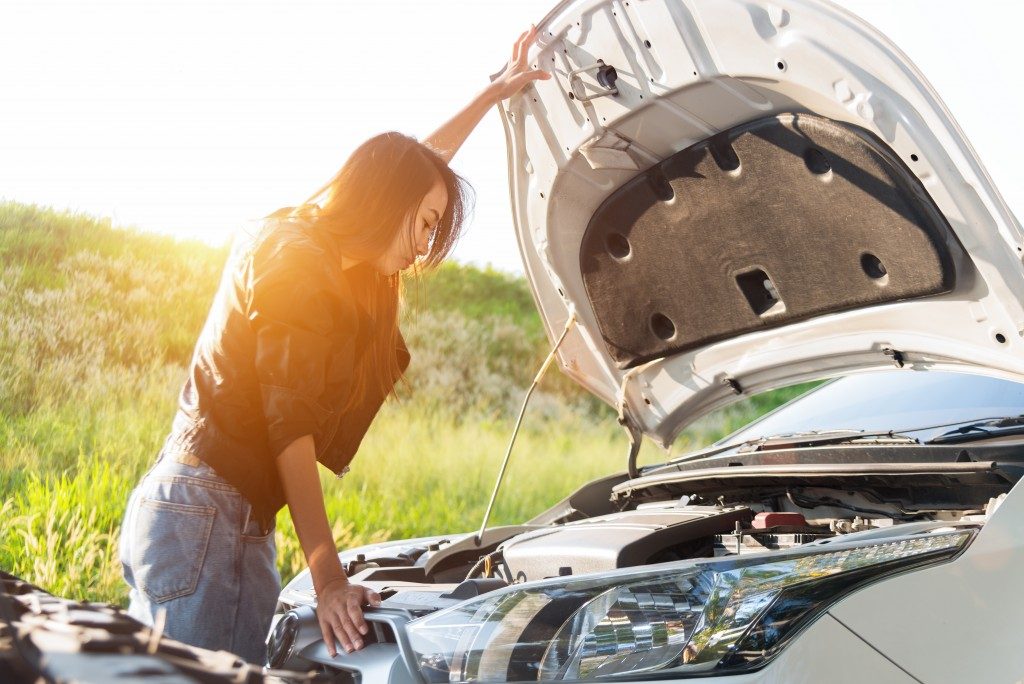With today’s demanding lifestyles, it is easy to forget one thing that will ease your day to day movement: the maintenance of your car. In most cases, people will only visit a mechanic when their vehicle breaks down and see no need for a maintenance service.
They also assume they can handle some repair issues that crop up time and again. One of the most commonly mishandled car issues is an overheated engine. This, car owners assume, can be rectified with coolant and opening the hood to release some heat.
Without expert auto transmission repair by a Salt Lake City-based mechanic and other measures to rectify the cause of an overheating engine, you will soon contend with costly repairs. This is because the repair tips and tutorials you will find on various online pages are only designed to lower your engine’s heat.
They will do nothing to resolve the cause of the overheating. Here are some consequences of masking your engine’s overheating with various DIY measures.
Failed Head Gaskets
The head gasket will form a watertight cover between the cylinder head and engine block. It is meant to keep your coolant in its right channels when flowing through your engine, gasoline in combustion chambers and oil in the gallery.
When your engine overheats, the aluminum used for the head gasket will swell, warp, expand and eventually crack. Leaking head gaskets cause the burning of coolant and oil in your engine and make it unsafe to drive your car.
Cracked Engine Blocks
This, like the cylinder head, might warp owing to the excess heat of an overheated engine. The superheated engine block also contracts and expands and cracks leading to oil leaks, reduced engine performance and repeated overheating episodes.
Cracked engine blocks are challenging and expensive to fix and more often than not, the ideal solution for them is the installation of a new engine.
Warped Pistons and Cylinders
Pistons will travel up and down your engine’s cylinders to generate combustion that will power your vehicle. Oil is essential for the piston’s lubrication, but its interior chamber should be clean and debris-free. Engine overheating causes the warping, deformation, and bending of the pistons or their cylinder walls.
These will compromise the pistons’ integrity and affect the entire engine. The pistons will also scrape the cylinder walls and cause knocking, grinding, and other terrible noises. Moreover, the engine loses pressure and performs poorly.
Melted Seals

Your engine’s seals are designed to tolerate a specified temperature. When your engine goes past this temperature, the seals will melt, dry out then crack leading to leaks. The valve stem seals are the most affected and will cause various oil-related issues such as increased emissions.
The performance of your engine will also be affected when oil residue gathers around the intake valves and spark plugs.
Once your engine’s temperature lowers after opening the hood and refilling the coolant, you ordinarily assume everything is okay. The above consequences might, however, have already happened and significantly affect the operation of your engine within a few days.
Every time your engine overheats, therefore, you should get it checked and the underlying issue appropriately addressed.
